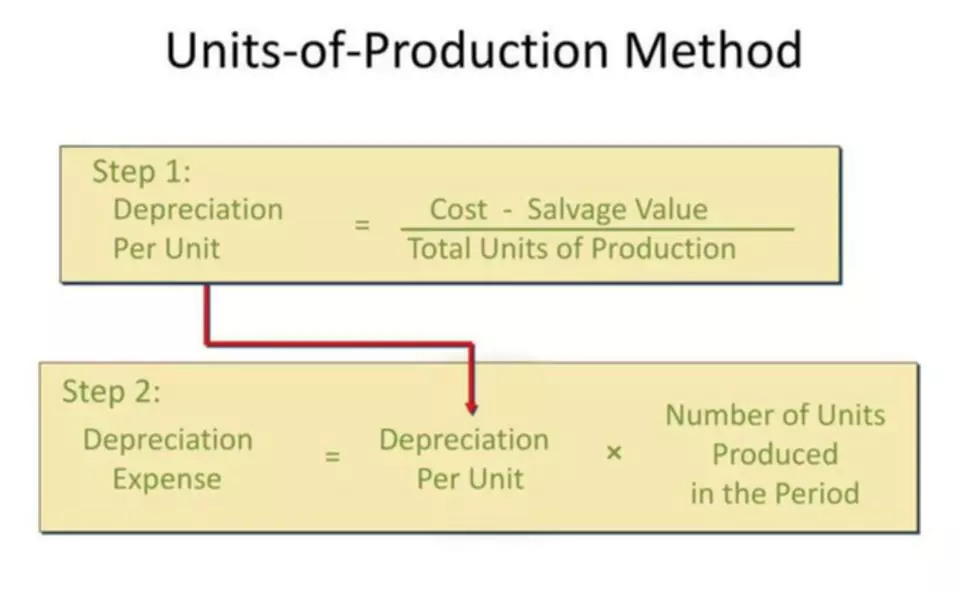Overtime Pay in Tennessee Employment and Consumer Law Group
Content

A private sector employer cannot give comp time to its nonexempt employees instead of paying time and one-half overtime pay based on an employee’s regular rate of pay. Merely being paid a salary in itself does not exempt an employee from the minimum wage and/or overtime pay requirements. To make this determination, please review Code of Federal Regulation 541, which covers exemptions for executive (supervisors/managers), administrative, professional and outside sales employees.

For example, if payday is on the 15th and the workweek ends on the 17th, the amount of overtime will not be known for that workweek until the following payday. In other words, pay the overtime on the 30th — the regular payday for the period in which the workweek ends.
Exemption for Executive Employees Under the FLSA (29 CFR, Part 541.
According to the FLSA, the formula for calculating how to calculate overtime pay is the nonexempt employee’s regular rate of pay x 1.5 x overtime hours worked. This calculation may differ in states that have requirements, such as double time, which are more favorable to the employee. A salary is intended to cover straight-time pay for a predetermined number of hours worked during the workweek. Under federal law, to calculate a nonexempt employee’s regular rate of pay, divide the weekly salary by the total number of hours worked. The agreed upon regular hours must be used if they areless thanthe legal maximum regular hours. For example, if you work 32 to 38 hours each week, there is an agreed average workweek of 35 hours, and thirty-five hours is the figure used to determine the regular rate of pay. However, in circumstances where the workweek is less than 40 hours, the law does not require payment of the overtime premium unless the employee works more than eight hours in a workday or more than 40 hours in a workweek.
To qualify as an overtime-exempt position, it must meet strict requirements defined by federal and state law, which includes minimum salaries and primary duty tests. Under many bonus plans, however, calculations of the bonus are deferred over a period longer than a workweek. In that case, the employer may disregard the bonus when computing the employee’s regular rate of pay until the amount of the bonus is ascertained.
Executive, Administrative, and Professional Employees
The FLSA does not require https://www.bookstime.com/ for work on Saturdays, Sundays, holidays, or regular days of rest, unless overtime is worked on such days. Salaried employees are typically exempt from overtime if their weekly income is over a specific amount.
Hospital and residential care establishments with agreements allowing a 14-day, 80-hour, no greater than 8-hours-per-day cycle. Truck or bus drivers whose company has a “reasonably equivalent” overtime compensation plan. Tips and service charges – Tips are amounts freely given by a customer to an employee.
Salaried Employees
Employees may be exempt from the FLSA and, thus, not entitled to overtime if they earn a salary that exceeds the FLSA minimum salary requirements and perform job duties that satisfy one of the established overtime-exempt roles. The most common exemptions include executive, administrative, professional, outside sales or computer-related jobs. If you are paid on an hourly basis, that amount, including among other things, shift differentials and the per hour value of any non-hourly compensation the employee has earned, is the regular rate of pay. Double the employee’s regular rate of pay for all hours worked in excess of 12 hours in any workday and for all hours worked in excess of eight on the seventh consecutive day of work in a workweek. To make sure every employee gets the proper rest they deserve , tracking overtime hours became a legal obligation in the EU. In the EU, it’s illegal to work for more than 48 hours a week on average, over the reference period of 4 months. Employees are also required to have 11 hours of interrupted rest a day, as well as at least one day off every week and two days off every two weeks (in addition to 11-hour daily rest).

Do you work long hours often and if yes, how does it affect you? Write us at for a chance to be featured in one of our future articles. Working long hours, especially working overtime without pay, can be a tricky subject to tackle.
What can I do if my employer doesn’t want to pay me for overtime hours?
How much the salaried employee makes is the determining factor. In states that calculate overtime per workday, employers must apply the applicable overtime rate to each hour beyond what’s considered a regular workday, e.g., eight hours. A.No, California law requires that an employee be paid all overtime compensation notwithstanding any agreement to work for a lesser wage. Consequently, such an agreement or “waiver” will not prevent an employee from recovering the difference between the wages paid the employee and the overtime compensation he or she is entitled to receive. Divide the weekly salary by the number of legal maximum regular hours to get the regular hourly rate. In the EU, employees who may be exempted from overtime are the ones whose hours are not pre-determined or can be determined by the workers. Examples include managing executives or other persons with autonomous decision-making power, family workers, and workers officiating at religious ceremonies.

In other words, assuming you are employed under a policy that provides for a 35-hour workweek, the law does not require the employer to pay the overtime premium until after eight hours in a workday or 40 hours in a workweek. If you work more than 35 but fewer than 40 hours in a workweek, you will be entitled to be paid for the extra hours at your regular rate of pay unless you work over eight hours in a workday or 40 hours in a workweek. The federal overtime provisions are contained in the Fair Labor Standards Act . Unless exempt, employees covered by the Act must receive overtime pay for hours worked over 40 in a workweek at a rate not less than time and one-half their regular rates of pay. There is no limit in the Act on the number of hours employees aged 16 and older may work in any workweek.
